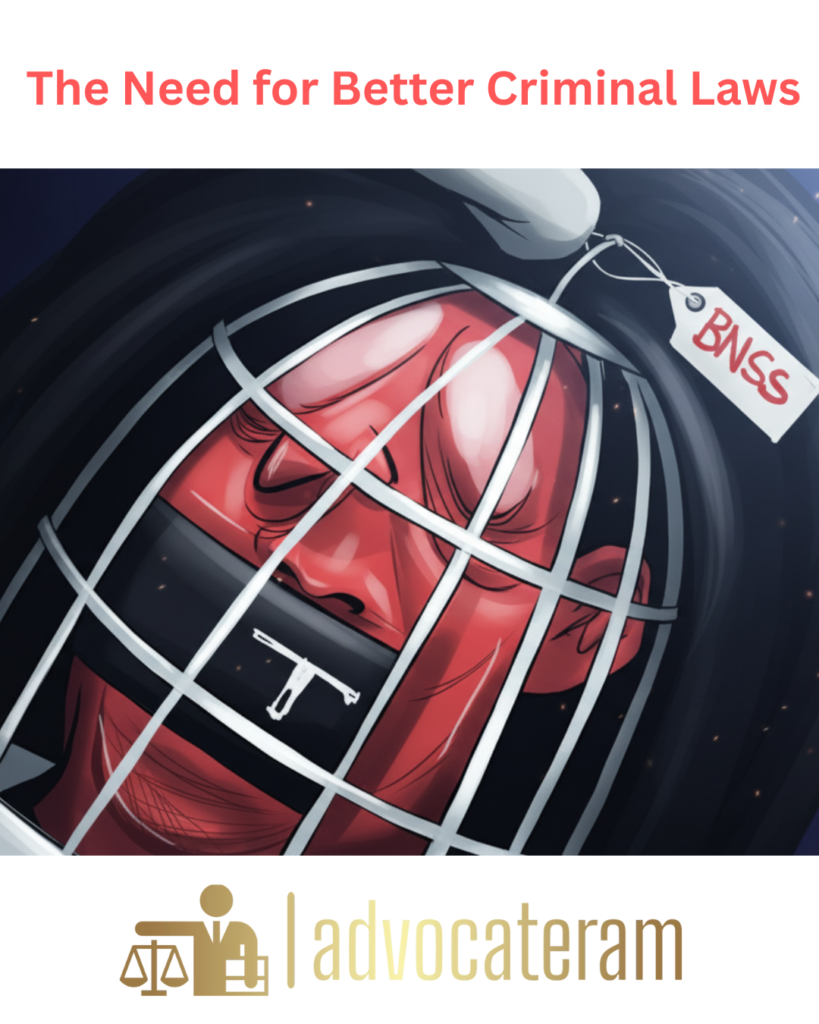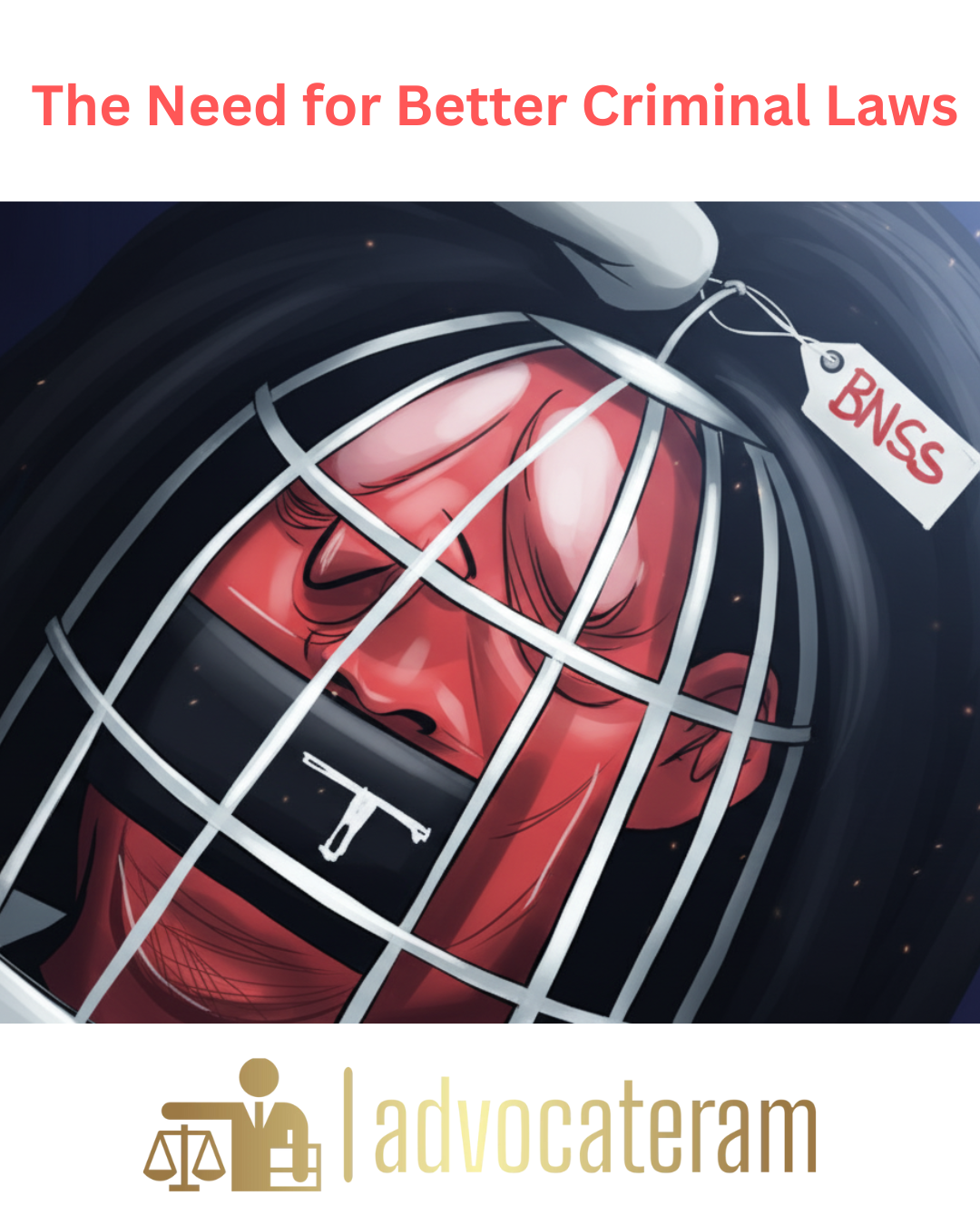
In every society, laws form the backbone of peace, order, and justice. Among them, criminal laws hold a critical role. They are designed to protect individuals from harm, ensure fairness, and punish those who commit crimes. However, as times change, so do the nature of crimes. With new challenges such as cybercrime, digital fraud, organized violence, and complex financial scams, existing criminal laws often fail to deliver the justice society needs. The demand for better and updated criminal laws is stronger today than ever before.
Outdated Frameworks and New Crimes
Many countries, including India, rely on criminal laws that were framed decades, even centuries, ago. For example, several provisions of the Indian Penal Code (IPC) were drafted under colonial governance in the 19th century. Back then, crimes were largely physical in nature—assault, theft, or murder. Today, crimes have become far more sophisticated. An online hacker can steal millions without ever stepping foot in a bank. A fraudster can exploit loopholes in financial systems to scam thousands of people in minutes. Unfortunately, our laws are often too slow to catch up with these realities.
Justice Delayed is Justice Denied
Another major issue with existing criminal laws is the delay in justice. In many cases, trials stretch for years or even decades, leaving both victims and accused trapped in uncertainty. Outdated procedures, excessive bureaucracy, and lack of efficient judicial mechanisms cause massive backlogs. In courts across India, millions of cases are pending. As the saying goes, justice delayed is justice denied.
Improved criminal laws should focus on simplifying complex procedures, reducing court backlogs, and ensuring swift trials. Fast-track courts, digital hearings, and effective investigation systems can make justice delivery quicker and more reliable.
Protecting Victims and Witnesses
A criminal justice system must be equally protective of victims and witnesses. Sadly, in many cases, victims are re-traumatized by endless questioning, delays, and lack of support. Witnesses are often intimidated into silence or turning hostile, allowing criminals to escape punishment.
Better criminal laws must include stronger provisions for victim protection, witness security, and anonymous testimony systems. If victims and witnesses feel secure, justice becomes much easier to achieve.
Addressing Cybercrime and Digital Fraud
With millions of people going online every day, cybercrime has exploded. Identity theft, online scams, fake investment schemes, harassment on social media, and data leaks have turned into daily realities. Unfortunately, in many cases, our current criminal laws are not strong enough to effectively punish and deter such acts. Often, police stations lack the technical knowledge to investigate crimes like hacking or cryptocurrency frauds.
Modern criminal laws must have specific sections tailored to cybercrime, with better investigative tools and stronger international cooperation. After all, digital crimes often cross global borders, which makes traditional law enforcement ineffective.
Protecting Human Rights While Ensuring Safety
One important aspect of reform is balance. While laws must be strict against criminals, they should not turn into tools of oppression. Harsh and arbitrary laws may cause innocent people to suffer. For example, misuse of certain vague laws sometimes leads to wrongful arrests. Therefore, better criminal laws must be clear, fair, and transparent, ensuring protection of human rights while also maintaining law and order.








